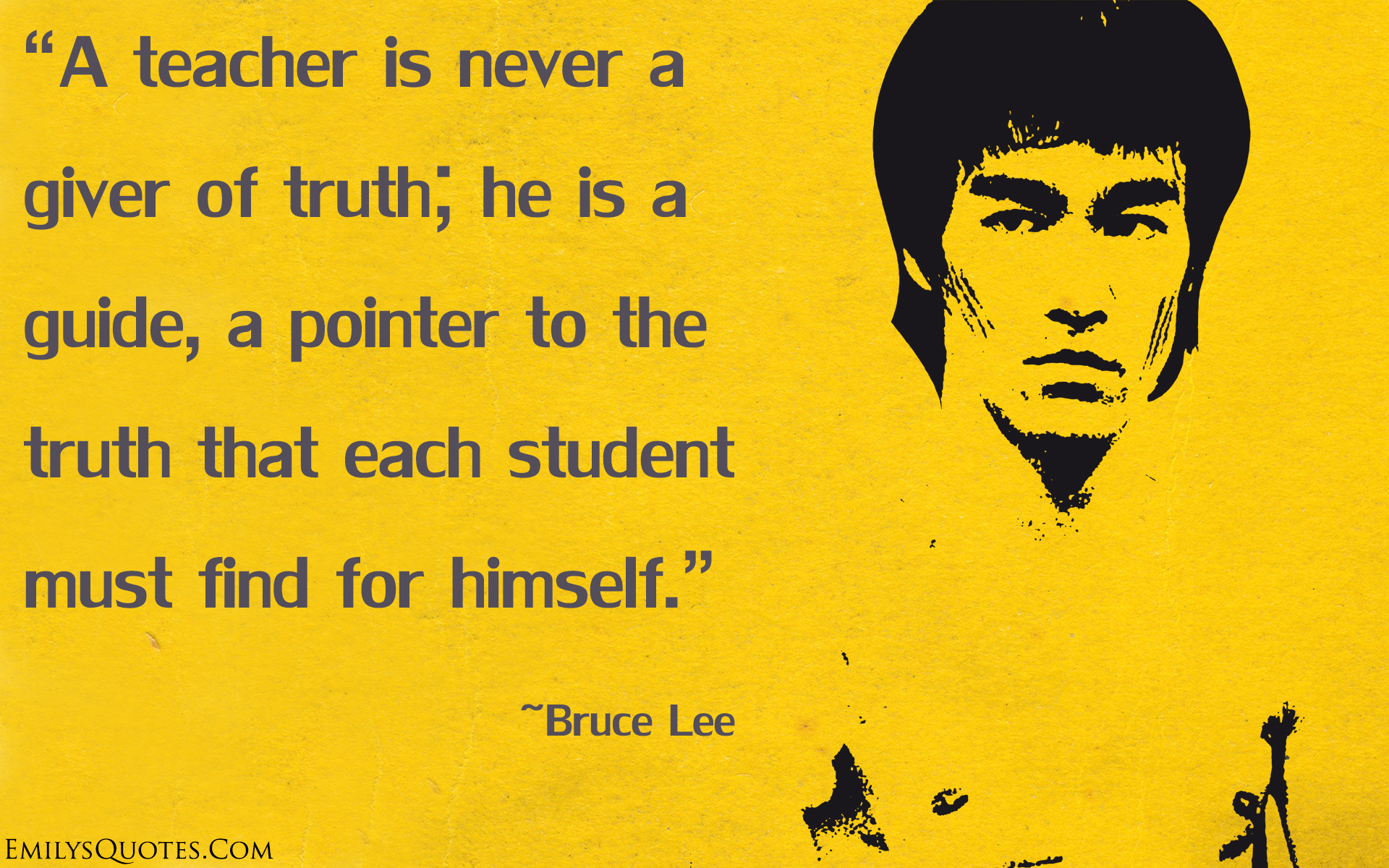
“The mediocre teacher tells.
The good teacher explains.
The superior teacher demonstrates.
The great teacher inspires.”
(William Arthur Ward)
The Center for Music Learning (in the University of Texas Austin’s) is at the forefront of tracking INSPIRATIONAL TEACHERS qualities and modus operandi.
Here’s the profile of these Masters. Have you ever meet one of these? Pay homage to your mentors by sharing this post with them 🙂
1 – The Repertoire
- The Inspiring Teacher challenges students with musical material within their current technical capabilities.
- Students prepare the repertoire beforehand by playing, sight-reading, interpreting, listening and experimenting the material.
- Physical, mental or sight-reading tensions are avoided to prevent student’s struggling.
- At the same time, the focus is on building superior technical execution.
2 – Clear Auditory Image
- The Inspiring Teacher has a vivid picture in mind about the piece.
- The goal is to lead the student to utilize the most appropriate musical tools to produce the desired character, interpretation and feel.
3 – Sound Quality
- Producing and preserving good tone, pitch and feel is indispensable.
- Technical pointers serve the goal of producing the best sound possible.
4 – Goal Selection
- Each lesson has a specific target to be accomplished.
- Relevance of the chosen subjects is based on effective expression of specific musical ideas and the general substantiation of the musical spectre.
- Goals are achievable in the present moment, auto corrections perceptible and improvement is immediate.
5 – Comparative Evolution
- The Inspiring Teacher describes student’s progress in detail.
- Negative feedback is brief and always constructive.
6 – Practice Equals Performance
- Pieces are executed from beginning to end with no interruptions.
- Lessons resemble public performances.
- Interruptions only occur when errors are made.
- Feedback is provided considering the perception of an audience.
- Every practice trial should be executed as if someone was listening to it.
7 – Errors Motivate Stopping and Correction
- Notes and rhythms must be prepared by the student beforehand and only will be corrected by the Inspiring Teacher if necessary.
- Errors are immediately corrected.
8 – Repetition Of Key Passages
- Accuracy is essential.
- Technique is fundamental.
- Physical movements are closely supervised (posture, breathing, presentation).
- The Inspiring Teacher never gives up on his student postponing a correction or addressing an important subject to be dealt by the student alone.
9 – Constant Feedback
- The Inspiring Teacher frequently interacts with his students.
- Feedback is short, concise and straight to the point.
10 – Demonstrations And Lectures
- Small breaks during the lesson favours mental and physical relaxation.
- Humour or inspirational insights are provided.
11 – Interpretation And Autonomy
- The Inspiring Teacher supports the identity and choices of each student.
- When dealing with a student’s inadequate solution, option or opinion, The Inspiring Teacher lead’s him to rethink and select more suitable alternatives.
12 – Fostering Discernment
- The Inspiring Teacher guides students in analytical thinking about their own performance.
- Tone production and musical expression are prioritized.
- Rhythm and dynamic variables are also incorporated.
13 – Physical Motion As A Means To Produce Sound
- Physical motion affects sound.
- Technique is the tool used to produce the desirable tone and sound effect.
- Attention to single notes, sense of line or phrase endings is a must.
14 – Negative Feedback
- The Inspiring Teacher is very specific, clear and succinct when addressing performance qualities in need of improvement.
- Clarity and directness facilitates the efficient correction of errors.
15 – Positive Feedback
- The Inspiring Teacher shows excitement towards great performances during sessions.
- The accomplishment of important goals or the creation of musical moments is worthy of empathetic expressions of pleasure.
- Repetition of compliments is not infrequent.
16 – Modelling
The Inspiring Teacher replicates students performance alternating from what he is already doing and what would be the most exquisite execution of the piece.
For more on the subject check the The University of Texas Austin’s Center for Music Learning at https://cml.music.utexas.edu/online-resources/the-nature-of-expertise/abstract/


